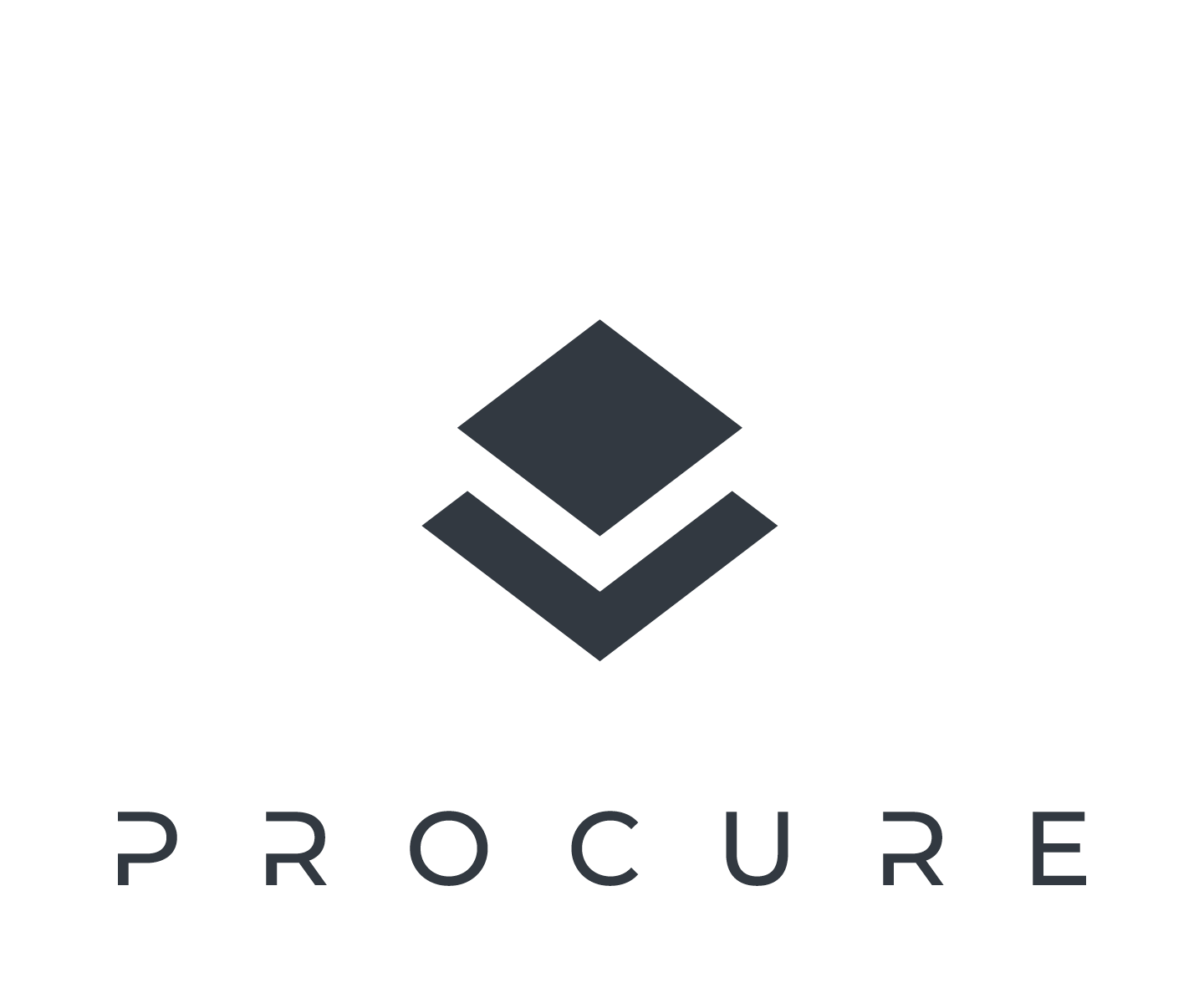PROCURE Project Delivers Strategic Milestones to Strengthen Healthcare Procurement Across Europe
The European-funded PROCURE project has officially concluded, marking a significant step forward in enhancing public procurement practices in the healthcare sector. Over the course of its implementation, the project delivered a comprehensive set of strategic outputs aimed at fostering a more resilient, efficient, and sustainable procurement system across the European Union.
Key Milestones and Achievements
Observational Study Across 10 EU Member States
One of PROCURE’s core achievements was a wide-reaching observational study involving 148 healthcare organisations across 10 countries. These included public authorities, hospitals, suppliers, and private procurers. Under the coordination of RESAH, standardised ID Cards were developed to facilitate comparative analysis of procurement practices, offering deep insights into variations and challenges across the EU.Country Nodes Model for Local Collaboration
The project introduced the Country Nodes Model in each of the 10 participating Member States. These nodes, coordinated by designated Country Leaders, created a decentralised structure for data collection, stakeholder engagement, and knowledge exchange—ensuring the project's methodology was adapted and applied within national contexts.EU Contract Hub: Open Access Procurement Intelligence
A major digital innovation from the project, the EU Contract Hub is an open-access platform that unifies over 1.2 million public procurement contracts from across Europe. The platform integrates socioeconomic data, multilingual translation features, and user-friendly dashboards for trend analysis. It provides stakeholders with powerful tools for procurement transparency, decision-making, and policy development, supporting both operational needs and strategic reform.Delphi Methodology to Build Expert Consensus
To ensure that the project’s recommendations were grounded in real-world expertise, PROCURE implemented the Delphi methodology—a multi-round consultation process coordinated by IACS. This engaged procurement experts from across Europe to define the critical success factors for effective public procurement in health, which directly shaped the project’s Strategic Framework.PROCURE Community of Interest Forum (CoIF)
To sustain stakeholder collaboration, the project launched the PROCURE Community of Interest Forum (CoIF)—a vibrant online platform structured around five thematic areas. The CoIF enables healthcare procurers, policymakers, suppliers, researchers, and end users to connect through webinars, feedback sessions, and knowledge networks, encouraging innovation and advocacy across procurement systems.Final Conference: “Procurement in Health for Uncertain Times”
PROCURE culminated in a high-level joint Final Conference, held in collaboration with the Procure4Health project in Madrid on 20–21 May 2025. The event brought together a broad spectrum of procurement professionals to explore data-driven strategies, policy recommendations, and future resilience planning in the wake of global health crises like COVID-19.
Impact and Outlook
PROCURE was implemented by a consortium of 23 partners across 10 EU countries and focused on analysing the impact of the COVID-19 pandemic on public healthcare procurement. By contrasting pre-pandemic systems with the adaptive responses triggered by the crisis, the project developed a Strategic Framework for Health Sector Procurement, along with evidence-based policy recommendations and practical guidelines.
The project’s outputs are now being shared with EU institutions, national health ministries, and procurement organisations to inform ongoing emergency preparedness, systemic reform, and long-term capacity building across European healthcare procurement systems.
Through its strategic outputs—such as the EU Contract Hub, CoIF, Country Nodes Model, and its expert-informed Strategic Framework—PROCURE has positioned itself as a cornerstone for smarter, more resilient, and more sustainable healthcare procurement in Europe.

